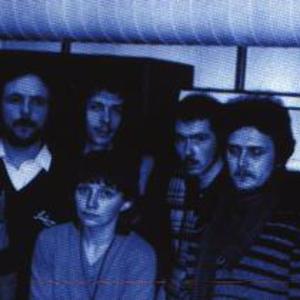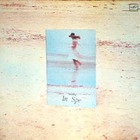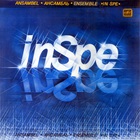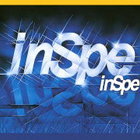In Spe

- Genre:
- Pop/Rock
In Spe has an interesting story. It is essentially two different, high-quality, bands. Both versions reflecting the vision of an enigmatic leader. The first incarnation was founded by Erkki-Sven T??r, who has gone on to be be one of the top classical composers in the world. He set out to create music called chamber rock (sound familliar?). With the help of drummer Arvo Urb, guitarist Riho Sibul, keyboardist Mart Metsala, bass player Toivo Kopli, Flautist Peeter Brambat, and his wife Anne T??r on piano, the first band was formed.
The band played gigs, and recorded, all the while building a stellar reputation. In 1983 they released the highly acclaimed, yet rare, self-titled debut. This, along with their existing notoriety, would form the basis of them being seen as the godfathers of Estonian prog. Some refer to it as one of the best prog recordings of all time. Being largely instrumental was a blessing in disguise. It didn't have as much trouble getting by Soviet censors as vocal recordings of the time. Still, only 3000 copies were made.
The band would take a drastic turn near the end of 1983, as T??r left to study music full time. Enter keyboardist, and music student, Alo Mattiisen. His jazzy style would change the direction of the band, but not diminish the quality. Under his leadership they released anther album (also self-titled), featuring the eclectic "Typewriter Concerto in D." The piece actually uses a manual typewriter as a percussion instrument. This album enjoyed a much larger distribution than its predecessor. Which also led to some confusion. People who had heard the tales of the first release, were faced with something quite different.
Mattiisen rose to become a national hero, by writing music for Estonia's Singing Revolution.
The recordings are available, but still rare. The 1994 Musea release of the second album is said to be of poor quality. In 1999 the first album was released on CD, and some of Mattiisen's rock operas (performed by In Spe) were released in 2000.
H.T. Riekels (bhikkhu)
- Sort by

Typewriter Concerto In D
- Year:
- 1985
- Tracks:
- 8
- Bitrate:
- 256 kbps

In Spe (Vinyl)
- Year:
- 1983
- Tracks:
- 6
- Bitrate:
- 320 kbps

Antidolorosum
- Year:
- 1983
- Tracks:
- 4
- Bitrate:
- 256 kbps